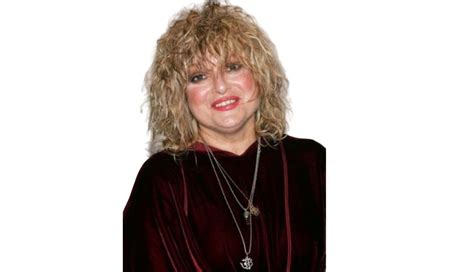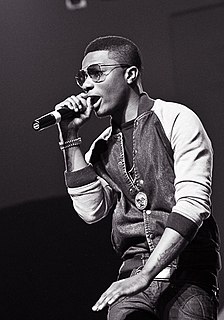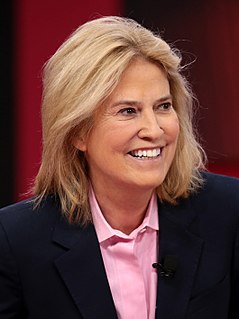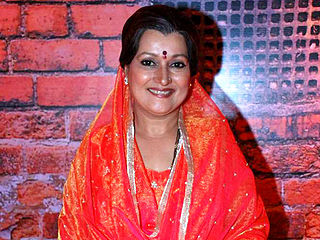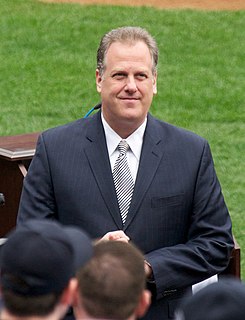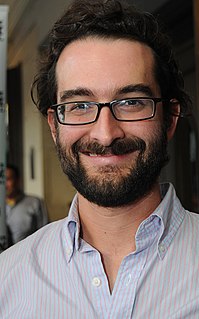A Quote by Ken Livingstone
Related Quotes
Curiosity and listening [are the principles to an excellent interview]. I never go into an interview with a dedicated list of questions in which I will not deviate. You must be curious about the subject and listen to his answer and ask the next question off that rather than the next question on your list.
This uses a lens system, which I have used for years in various different ways, but I've never used it in the context of an interview. This is the very first time that I've done that. It's a lens called The Revolution, so it allowed me to interview Elsa [Dorfman] and actually operate the camera. Well one of the cameras, because there were four cameras there.
I think it's likely that the civilizing effect of literature has done most of the work, and still continues to do. Look at Steven Pinker's book, The Better Angels of Our Nature: Why Violence Has Declined. It proves beyond any shadow of doubt that violence has declined dramatically throughout the centuries. There are various reasons for it: the rise of the state, Leviathan, the monopoly of violence, children's rights, animal rights. They're all positive signs.


